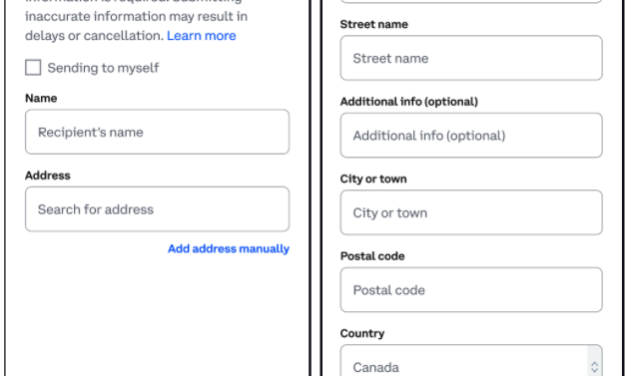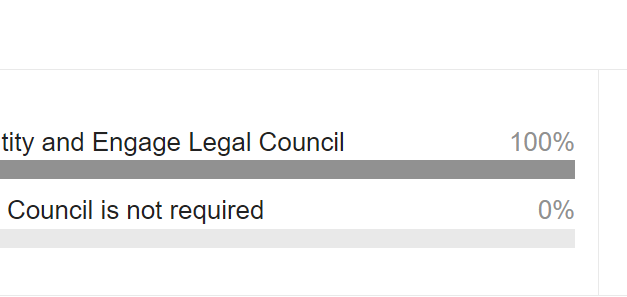White House office seeks public opinion on crypto-climate implications
The Office of Science and Technology Policy (OSTP), an Executive Office of the President of the United States, commenced a study to identify the scope for offsetting energy use and climate changes related to digital assets. On March 9, United States President Joe Biden signed an executive order, directing various federal agencies to examine implications of digital assets on six key areas — consumer and investor protection, financial stability, financial inclusion, responsible innovation, the United States’ global financial leadership and combating illicit financial activity.As a part of the initiative, the OSTP invited the general public and other stakeholders to share their viewpoints on various factors that contribute to the energy use and climate impacts of all types of digital assets and cryptocurrencies..@POTUS made clear that digital assets and cryptocurrencies must support our climate goals.Today, @WHOSTP issued a Request for Information seeking YOUR input on the energy & climate implications of digital assets. Be sure to respond by 5pm ET on May 9. https://t.co/oRLqYHPG9l— White House Office of Science & Technology Policy (@WHOSTP) March 25, 2022President Biden’s executive order requires OSTP to submit a report on digital assets to identify factors that negatively or positively affect energy and climate concerns. According to the official notice:“In particular, this Right for Information (RFI) seeks comments on the protocols, hardware, resources, economics, and other factors that shape the energy use and climate impacts of all types of digital assets.”In addition, OSTP seeks public opinion on the potential benefits of digital assets in addressing the rising energy and climate concerns. According to the notice, the federal government will use the findings of the study to dictate future developments or industry trajectories related to digital assets. The general public and organizations are invited to submit comments on or before 5:00 p.m. ET on May 9, 2022.Related: Secretary Yellen recognizes ‘benefits of crypto’ despite lingering skepticismThe U.S. Secretary of the Treasury Janet Yellen, who has historically shared anti-crypto sentiments, recently acknowledged the “significant role” played by cryptocurrencies:”There are benefits from crypto, and we recognize that innovations in the payments system can be a healthy thing.”I see a lot of strength in the American economy. We have an immensely strong job market, historically low unemployment numbers, and consumer spending continues to hold strong. I joined @SquawkCNBC this morning to discuss. pic.twitter.com/NKM1H8fDQC— Secretary Janet Yellen (@SecYellen) March 25, 2022
Čítaj viac






